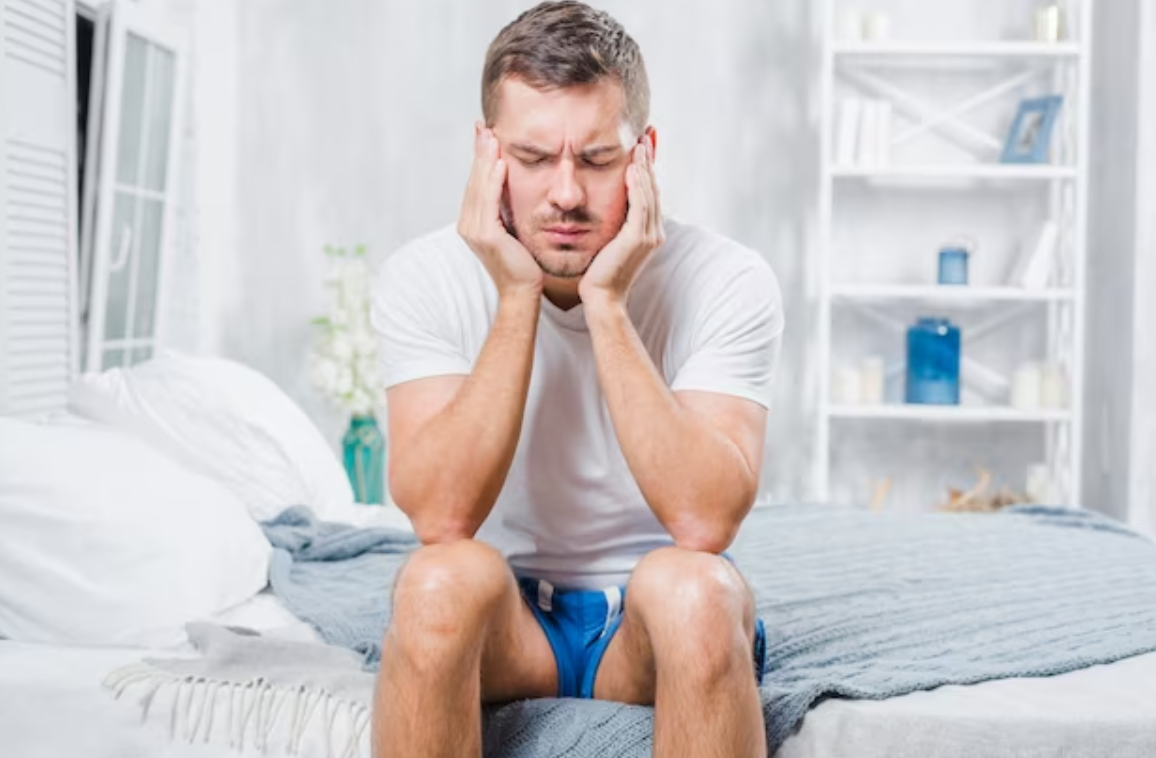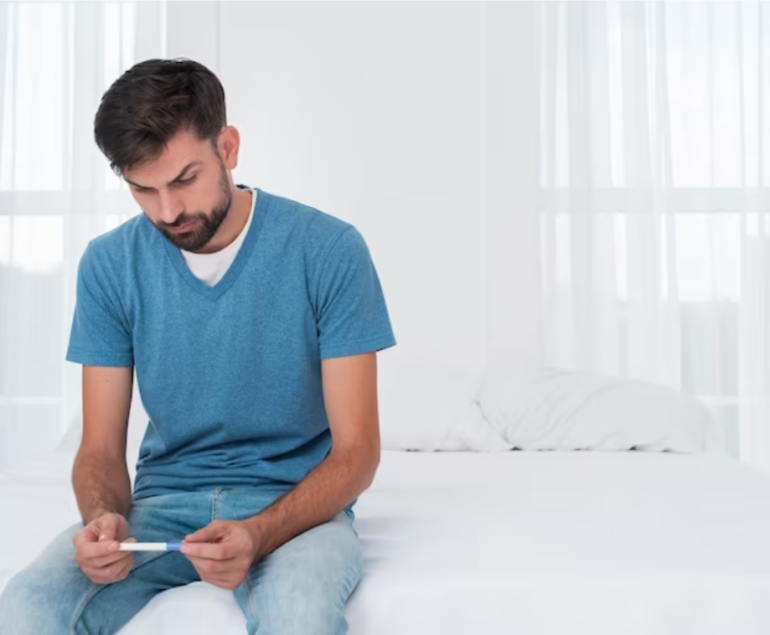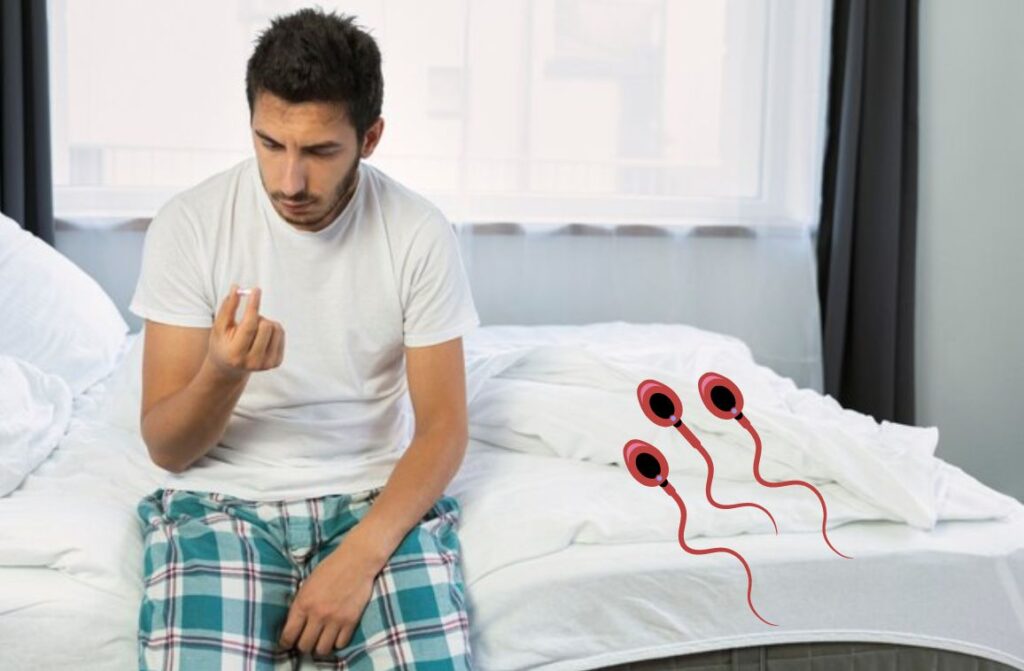Erectile dysfunction treatments help deal with erections, and affected men can avail of these treatments for better social and psychological health.
Erectile dysfunction does occur when a man cannot get an erection that is firm enough to have a satisfying sexual experience. It can indeed be defined as when a person cannot keep an erection for long enough to have a satisfying sexual experience. There is no specific time or firmness requirement for diagnosis. It is a question of whether the erection does allow a person to meet his or her sexual needs and desires, as well as those of one’s partner.
Erectile dysfunction treatments can help resolve this health issue to a great extent.
If experiencing symptoms of erectile dysfunction to start with, it is better to discuss them with your healthcare provider. There are several medical conditions, as well as medications that may be taken for such conditions, that do have the potential to cause problems getting or even sustaining an erection. Erectile problems can indeed occur as a function of age and stress. It is useful to know what is most likely to cause one’s erectile dysfunction in order to timely treat it.
Emotional
For several people, sex is intimately intertwined with well-being. Erectile dysfunction and other types of sexual health problems can indeed make people feel less manly (or womanly). They can also lead to feelings of anxiety and depression. Feeling sad or even anxious is normal when learning to cope with erectile dysfunction, and these feelings do not mean anything else is really wrong.
Therapeutic techniques can help cope with a few more difficult types of erectile dysfunction treatment, like intercavernosal injections.
Erectile dysfunction has no concern for masculinity or attractiveness, as it is a medical condition.
Relationships
Erectile dysfunction does affect sexual interactions. It is particularly a concern when erectile dysfunction leads to sexual avoidance.
When a person starts to avoid sex and does not communicate about their reasons, their partner may rather assume that the avoidance is about them or something they did. They may start to blame themselves or even change behaviors in a way that can cause further problems in the relationship. It is better for couples to talk it out.

Physical
For several affected people, engaging in healthy exercise and having a healthy diet helps improve symptoms of erectile dysfunction, or at least keep them from getting worse.
Avoiding stress is important. Light exercise, meditation, and similar activities can release stress. This improves sexual function.
Social
Many people do not feel comfortable discussing erectile dysfunction or attending a support group—either online or in person—as these methods do help them cope better with the problem. Talking to a local urologist who specializes in erectile dysfunction can help you find a support group close by.
Partners of individuals with erectile dysfunction may also benefit from looking for the required support. These support groups can be tough to find, but local healthcare providers may have good resources.
Practical
The most essential practical coping technique for erectile dysfunction is keeping in view that neither one’s sexual pleasure nor the partner’s is dependent on getting an erection. It is possible to have, in fact, a satisfying sexual life that does not require an erection firm enough for penetration. Here, communication and a willingness to explore are essential.
Conclusion
Communication is important in dealing with erectile dysfunction. Erectile dysfunction does not impact personality, and coping with it can be achieved too. Sexual intercourse patterns can be affected. Changes are not always permanent. Open and frank discussion with the partner helps. Seeking help from support groups helps too. It is advisable to go in for erectile dysfunction treatment.









